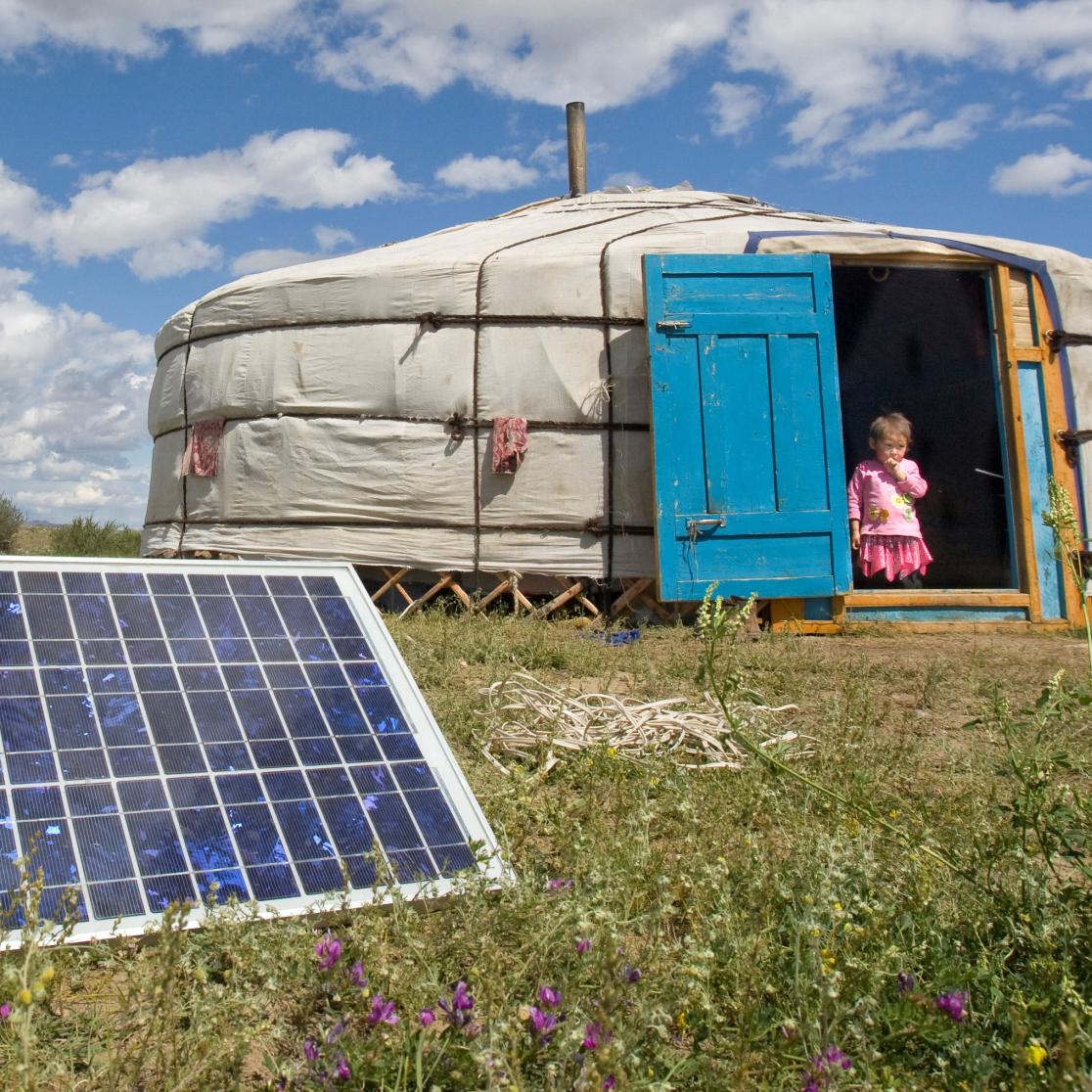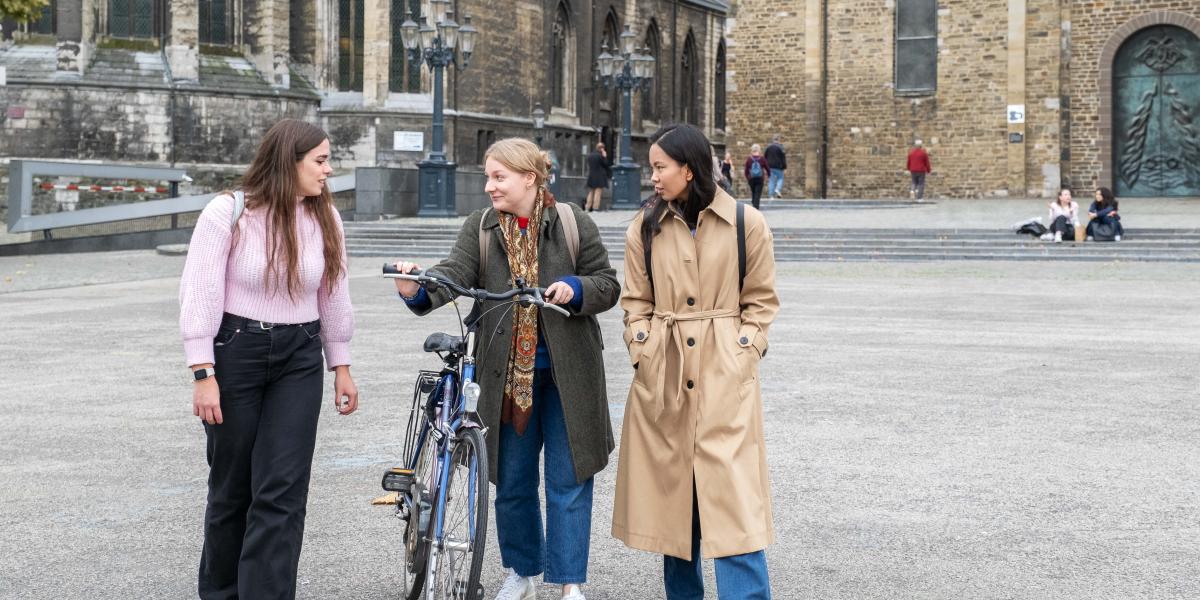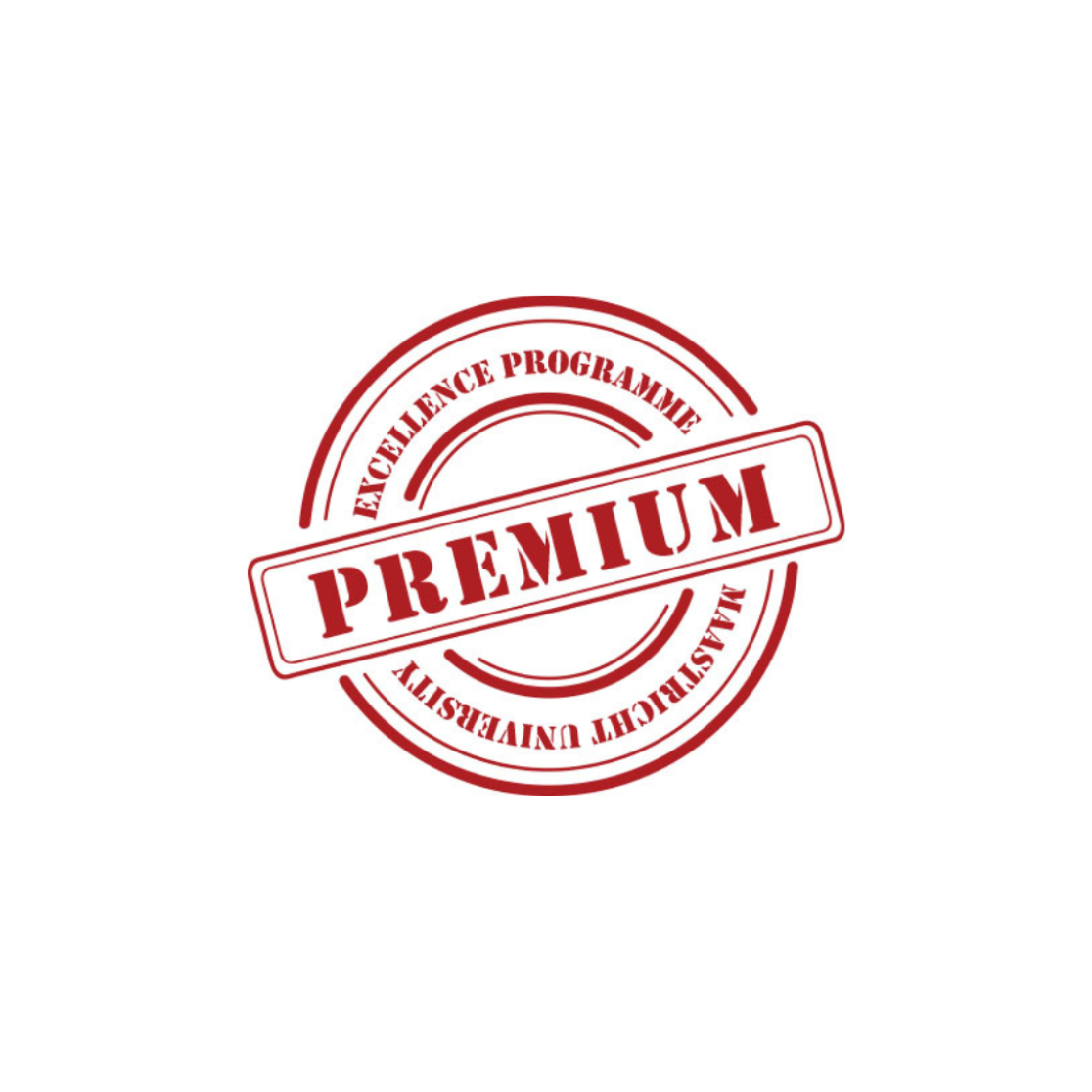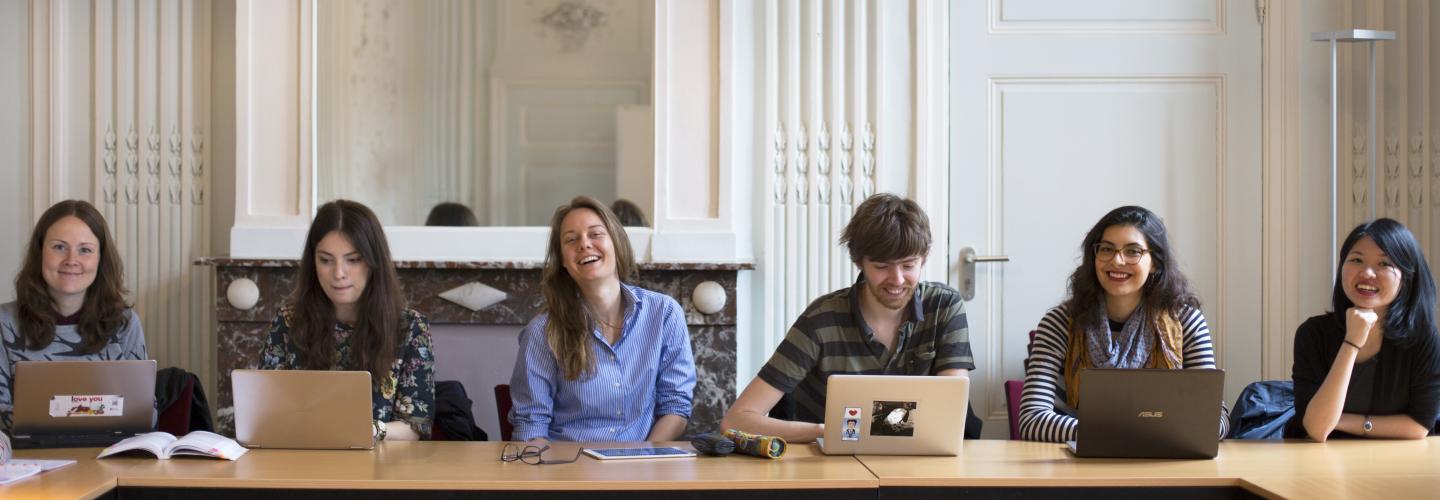Why this programme
The master’s programme in Globalisation & Development Studies is a social science programme that focuses on how globalisation affects and interconnects communities around the world. While we acknowledge the macro-level roles of states and commerce in processes of globalisation and development, we focus on how they are experienced ‘from the ground up’ in the everyday lives of families, indigenous communities, migrant diasporas, grassroots organisations, individual policymakers and NGOs. In this programme, you will study diverse local responses to globalisation and development by actors who are central to these processes and those who are marginalised by them.
This programme builds on more than 20 years of globalisation and development teaching at the Faculty of Arts and Social Sciences. It has a pronounced global and transnational orientation: from the dynamics of inclusion and exclusion, to emancipation and empowerment, hybrid identities, transnational social and political formations, and new possibilities for transforming society. You will develop a sound knowledge basis in the concepts, theories and issues relating to globalisation and development. Using Problem-Based Learning (PBL), which is very well suited for Globalisation and Development Studies, your learning is problem-driven and theory-driven and requires students to be active rather than passive.
A global approach
This programme looks at how families, communities and local organisations deal with global issues like:
- Inequality
- Poverty
- Global Market & Labour
- Migration
- Technology
- Environmental change
- Political activism
- New Global South development influencers

Freedom to choose
You will have a great deal of scope to tailor the programme to your needs. For example, you can take elective courses that suit your own goals and interests, such as:
- Transnational Migrant Networks and Flows
- Science and Technology Studies for Development in a Global Context
- Brokers and translators in development: A focus on civil society
- Global Connections: non-Eurocentric Historical Narratives
- Global Health in Times of Crisis
- Europe and the Global South: Migration, Development and Beyond
For your thesis, you will be able to choose between doing a research internship, conducting fieldwork research abroad and a desk study.
Teaching staff
Karlijn Haagsman (programme director)
Lauren Wagner
Elsje Fourie
Bilisuma Dito
Wiebe Nauta
Mahardhika Sjamsoeoed Sadjad
Timo Makori
Ragna Zeiss
Megha Amrith
International classroom
From day one, you will be challenged with differing viewpoints and experiences as you interact with staff and students from all over the world. Your worldview will be enhanced by this interaction, bringing you closer to the programme’s goal of teaching not only theory and methodology but also international accessibility and understanding. Globalisation & Development Studies has always enjoyed a great diversity. In 2021/2022, 39 students in this programme came from 15 different countries. The international character of the programme is further ensured by the international composition of its staff—originating, for instance from the Netherlands, Kuwait, Indonesia, Singapore, Canada, US, South Africa, Kenya and Ethiopia. The programme also enjoys close contacts with organisations and universities in the Global South, such as in South Korea, Ghana, the DRC, Ethiopia, Rwanda, South Africa and India. Such diversity creates an international atmosphere that is strengthened by the international orientation of the programme.

Problem-Based Learning
As with many Maastricht University programmes, the Globalisation & Development Studies programme is taught using Problem-Based Learning (PBL). In tutorial groups of 12 to 15 students, you'll learn to conduct academic research and seek solutions to concrete ‘problems’ taken from situations involving current issues in globalisation and development. Instructors act as facilitators, giving help as it’s needed. This teaches you to think like an academic and helps you develop the independence and problem-solving skills that you’ll need in the field.
Academic skills
You will be trained in research skills, including:
- Defining the problem
- Formulating research questions
- Selecting a methodology
- Setting milestones
- Presenting results

Focus on research
You will develop a sound understanding of the theories, concepts and research methods pertaining to globalisation and development while exploring contemporary globalisation issues that are relevant for countries in the Global South. You will examine problems of inequality, poverty, and vulnerability and explore the potential roles of contemporary global actors such as emerging economies, migrant diasporas and transnational activist groups.
You will gain in-depth knowledge of perspectives that emphasise micro-level linkages between actors on a global scale, showing how linkages connecting the Global North to the South — as well as within the Global South — give rise to global phenomena. You will be familiarised with two research perspectives strongly represented by cutting-edge research at Maastricht University: ‘transnationalism’ and ‘science, technology and society studies for development’.
Research methodology
You will learn various research methods such as:
- Case study
- Ethnography
- Interviewing
- Discourse analysis
- Descriptive statistics
- Correlation
Internship, fieldwork or desk study
During your second semester, you will combine academic research with the analysis of ‘real world’ problems, either through an academic two-month internship, a three-month fieldwork or a desk study. Your master’s thesis will be based on this work.
Fieldwork
You can gain field experience by executing research in diverse locations and analysing data gathered in the field. Students have done projects on diverse topics, such as:
- Mexican return migrants from the US
- The attitude of Georgians towards Russian migrants after the influx of 2022
- The lives of underprivileged pre-schoolers in Mauritius
- Female empowerment and Climate crisis in Fiji
- The Christian church as development actor in South Africa
- Empowerment of girls through surfing in Ghana
- Micro-credit and rural women’s empowerment in Nepal
Examples of GDS Fieldwork theses in the media
Sanne Schoonbrood thesis in 2024 was titled ‘Including Nature as a Colleague: Exploring Attunement to the Nonhuman in Approaches of Environmental Personhood. Ethnographic Fieldwork in South-Limburg, the Netherlands’, for which she won the national prestigious KHMW Jan Brouwer Thesis award Sociology and Anthropology.
- Jana Echterhoff collected data for her thesis at the US border crossing in the Mexican city of Nogales. Her experience was featured in a Deutsche Welle article titled ‘The human tragedies at the Mexican wall’.
- Eva Marie Wüst Vestergaard did her fieldwork in Ghana on the decolonisation of the fashion industry. You can find some of her results in this blog for the Research Collective for Decoloniality and Fashion.
Academic internship
You can conduct research within national and international knowledge institutes or organisations. Some examples of where students did their internships in the past are:
- GIZ, Germany
- World Fair Trade Organisation, The Netherlands
- Save the Children, Egypt
- Goethe-Institut, Dakar, Senegal
- Institute of Migration, Finland
- European Women's Lobby, Belgium
- Transnational Institute, Amsterdam
Desk study
You can choose to conduct research as a desk study, which will be largely based on literature research. Topics students have covered include:
- China’s economic influence in Africa
- Feminist Activism in Mexico
- Public Information Campaigns deterring irregular migration
- Neotropical conservation and Traditional Ecological Knowledge in Surinam
- Biometric Technology in the Za’atari Refugee Camp in Jordan
- The Catholic Church and the Imposition of Domesticity in Belgian Congo
PREMIUM honours programme
PREMIUM is our Honours programme for high-performing master’s students. If selected, you will work in an interdisciplinary team on a project for a real client from the public or private sector (e.g. Cisco, DHL, EcoAct). Along with guidance from a project mentor, you will receive individual coaching focused on your personal and professional development. You will also attend several workshops and events designed to cultivate valuable knowledge and skills, as well as build a network that provides you with the best preparation possible for the job market.
Are you up for the PREMIUM challenge?

